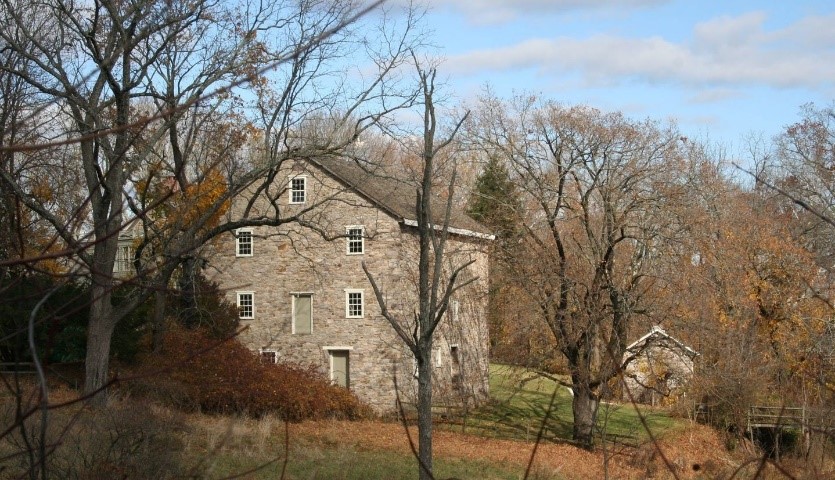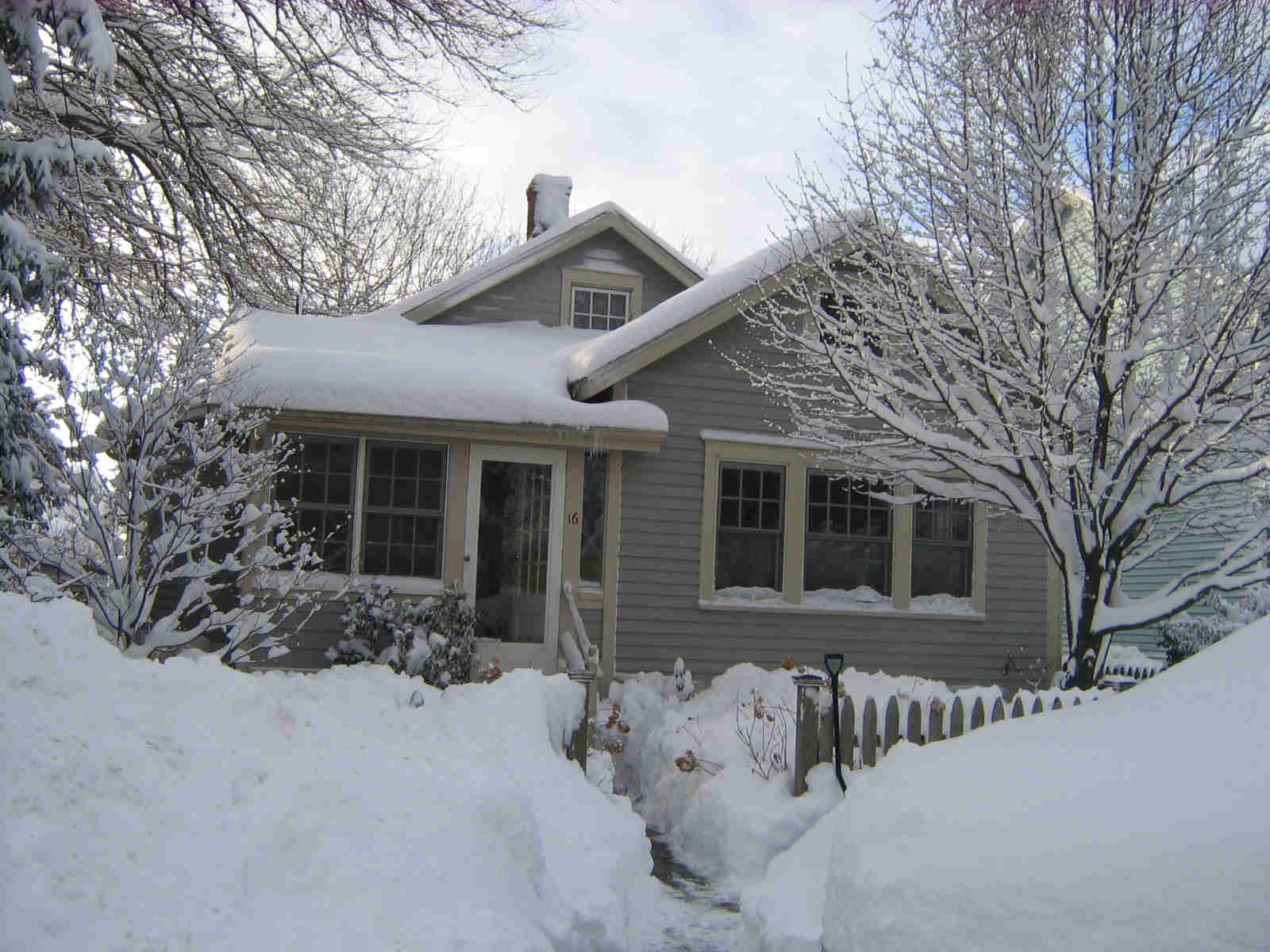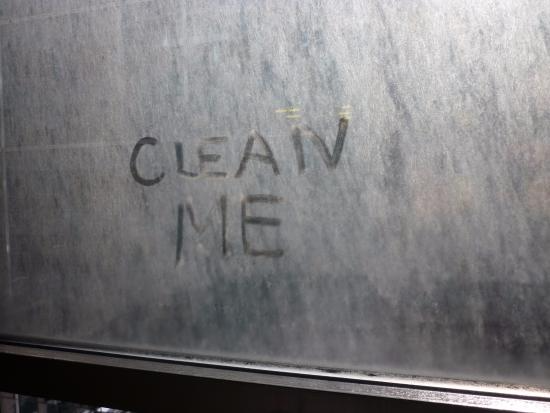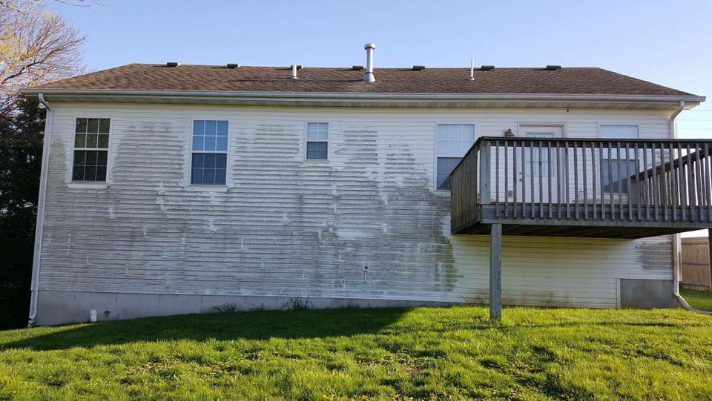Things a Home Inspector Cannot Do
Recently chatting with a home inspector he expressed that Buyers are often surprised to discover the many things that home inspectors cannot do. Especially first time home buyers were often caught off guard that actions they took for granted would be part of the inspection were actually not covered. (Not my clients of course who are always perfectly prepared.)
Just to be clear about definitions: A home inspection is defined as a non-invasive, visual examination of a residential property that is designed to identify material defects within a home’s structure, systems, and components.
Here are just a few things that home inspectors are not able to do.
Perform Destructive Testing: The home inspector has a responsibility to perform a non-invasive, visual examination. This means the home inspector can only examine the readily accessible areas of the home. A home inspector is not allowed to perform destructive measures such as removing drywall, siding, trim, paneling, floor coverings, etc. If a home inspector finds evidence of damage, they can examine it in a non-destructive manner and note the damage in an inspection report with a recommendation for the area to be examined by a licensed contractor.
Repair a Home They have Inspected: It would make sense that if a home inspector is qualified to analyze a property’s defects he or she must be qualified to repair it as well. Not so. There are two main certification organizations for home inspectors. They are the International Association of certified home inspectors (InterNACHI or NACHI for short) and the American Society of Home Inspectors (ASHI). Home inspectors that are certified but either or both of these organizations are bound by a code of ethics which does not allow for a home inspector to repair any home that has been inspected, for a fee, for a period of one year.
Judge the Life Expectancy of the Home or its Components: Home inspectors are not allowed to determine future conditions or the remaining life expectancy of a property or its components. A home inspector can determine the current estimated age and current condition of a property or components. However no one can predict when a property or a component will need to be repaired or updated. A home inspector may advise you that a system or component has reached “the end of its useful life” but a property or component that is old in and of itself is not a material defect.
Judge the Insurability of a Home: Home inspectors are not allowed to determine the insurability of a home. A home inspector can collect information for an insurance company via an inspection report but the decision of insurability rests with the underwriter at an insurance company not the home inspector.
Categories










